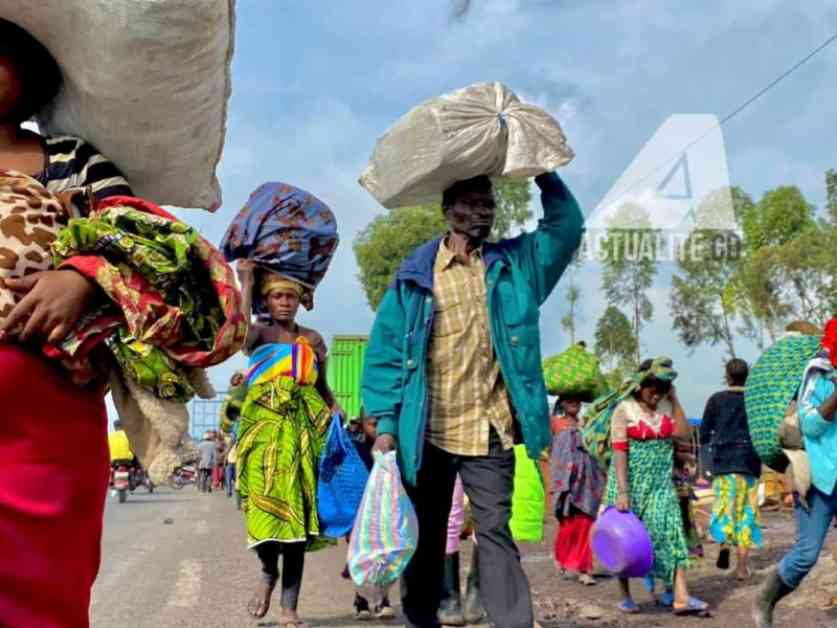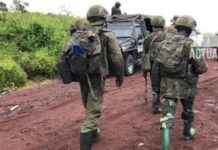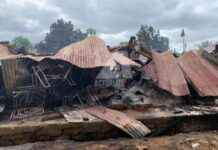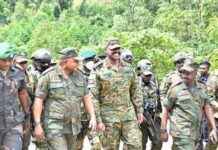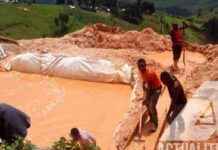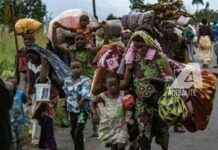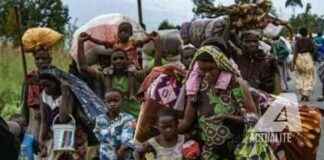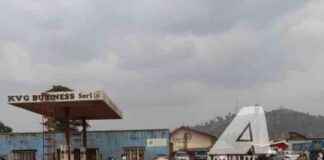Over 102,000 Displaced in Nord-Kivu Following M23 Offensive
In a shocking turn of events, over 102,000 individuals have been displaced in Nord-Kivu, specifically in Masisi-Center, within a mere three days. The displacement was a direct result of violent clashes between the armed forces of the Democratic Republic of Congo (FARDC) and the M23 armed group from January 1st to January 3rd, 2025. According to data from OCHA, these clashes led to the unfortunate deaths of four civilians and the injury of twelve others.
M23’s Takeover and International Response
On January 4th, the M23 successfully took control of Masisi-Center, prompting an immediate and strong reaction from the international community. The Angolan government condemned this action, labeling it as “irresponsible” and a severe violation of the Democratic Republic of Congo’s territorial sovereignty. João Lourenço, the President of Angola and a key facilitator in the peace process between the DRC and Rwanda, expressed deep concern over the breach of the ceasefire established in August 2024.
The United Nations Organization Stabilization Mission in the Democratic Republic of the Congo (MONUSCO) Chief, Mrs. Bintou Keita, described the M23’s offensive as a “tragic turning point,” highlighting the worsening humanitarian crisis in the region. With Masisi already hosting over 600,000 internally displaced individuals by the end of November 2024, this recent influx has only exacerbated the dire situation.
International Calls for Ceasefire and Peace Efforts
Amidst the escalating tensions, the United States called for an immediate cessation of hostilities by the M23 and urged Rwanda to withdraw its forces from the DRC. The European Union also condemned the occupation of Masisi, hinting at potential sanctions against those responsible for this escalation.
Despite the implementation of the Enhanced Ad Hoc Verification Mechanism under Angolan mediation, the peace process in the region continues to face obstacles, leaving the population of Eastern DRC in a state of humanitarian and security crisis. The plight of those affected by the conflict serves as a grim reminder of the urgent need for sustainable peace and stability in the region.
